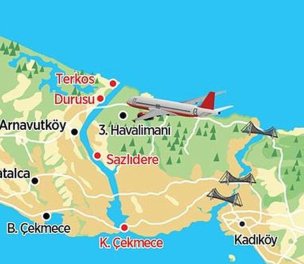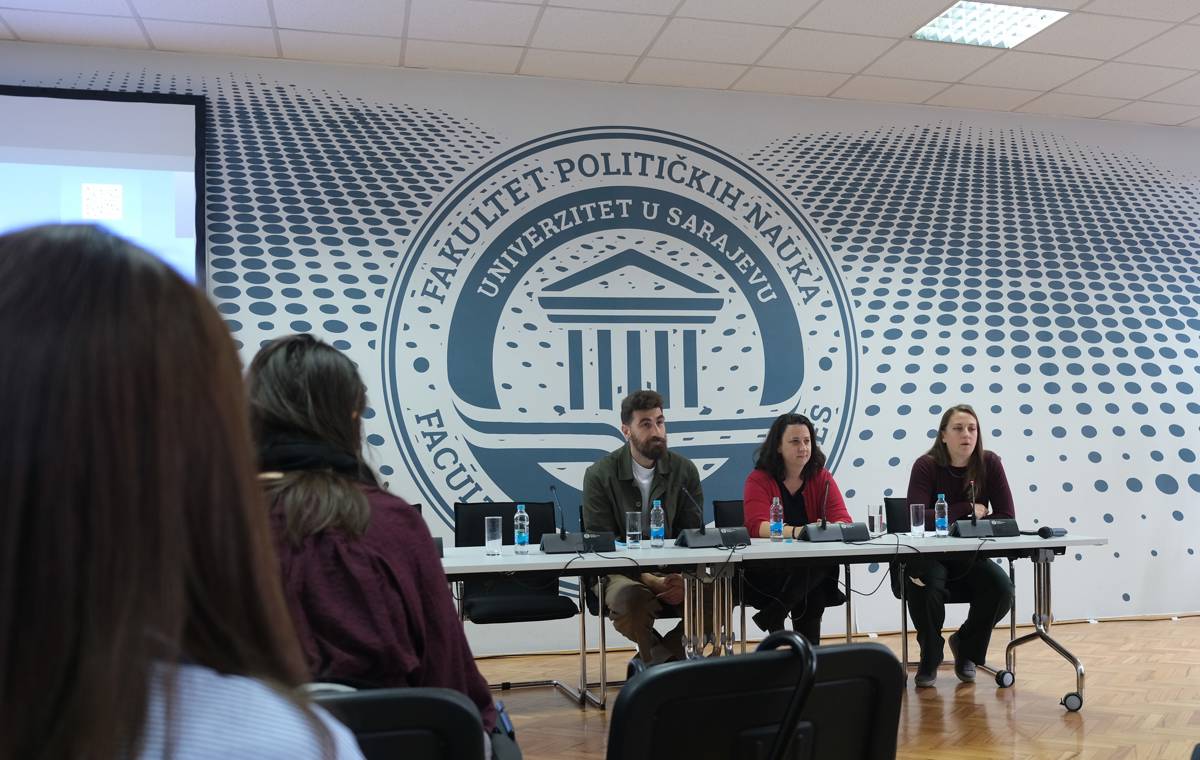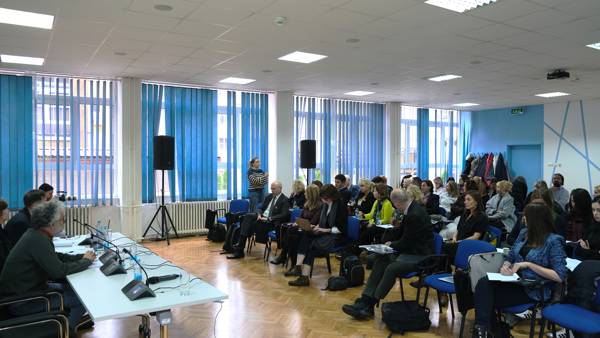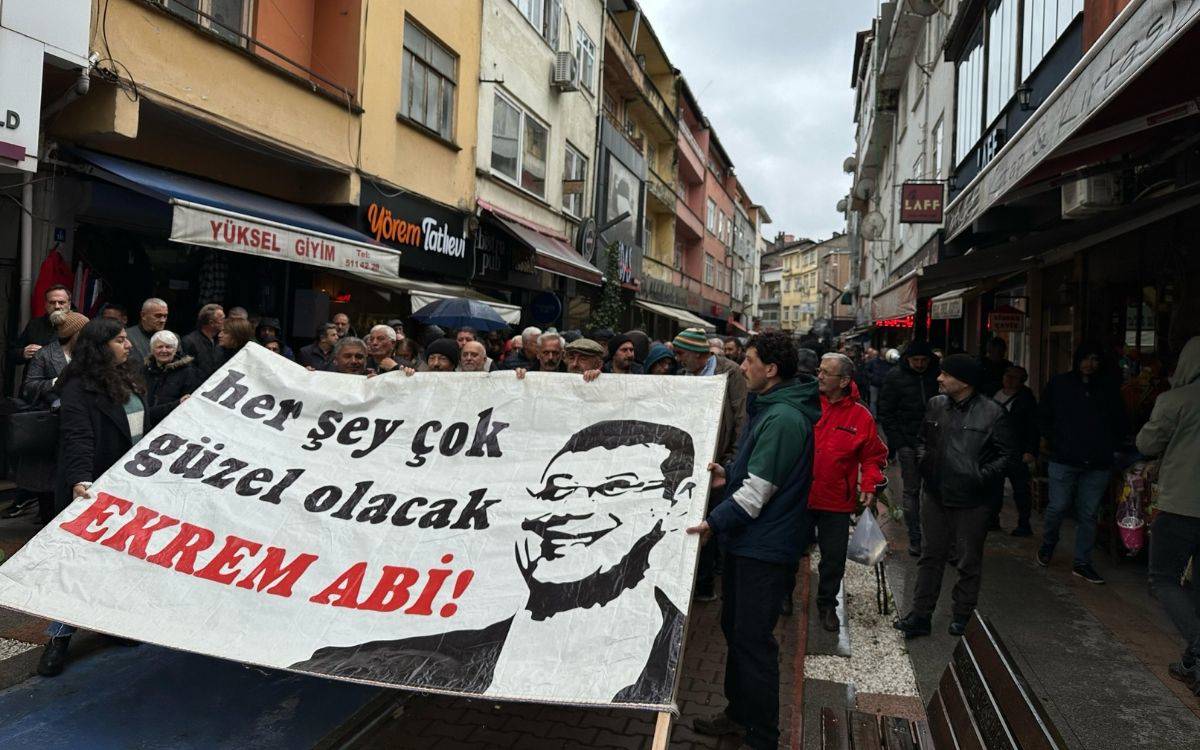Erdoğan speaking at the groundbreaking ceremony for the Canal İstanbul bridge on June 26 (Photo: AA)
Here is bianet's weekly summary of important events concerning politics, the coronavirus pandemic, environmental issues and human rights in Turkey:
The Canal İstanbul financing debate
The construction work for Canal İstanbul started with the groundbreaking of a bridge over the planned canal route on June 26, a decade after Erdoğan announced it as "my crazy project."
Meanwhile, opposition parties have been trying to dissuade potential financiers of the project, threatening to cancel all payments once they assume power.
"They'll get this money from you by force," the president said during the groundbreaking ceremony, citing international arbitration rules. In response, opposition leaders said Erdoğan's remarks showed he was aware that he wouldn't win the next election.
The canal is planned to be completed in six years and recent polls for the 2023 elections show Erdoğan and his party do not have a comfortable lead over their rivals as they had in 2018.
Moreover, two possible opposition candidates, İstanbul Mayor Ekrem İmamoğlu and Ankara Mayor Mansur Yavaş, have a clear advantage over Erdoğan if the presidential election goes to the second round, according to multiple pollsters.
|
| The planned route of the canal linking the Black Sea in the north and the Sea of Marmara in the south. The length of the planned canal is about 45 kilometers with a minimum width of 275 meters at the bottom and 21 meters of depth. The Bosphorus strait, the natural waterway on the same route, is about 30 kilometers long and have width between 700 and 3,500 meters. Its depth is about 110 meters. (Map: AA) |
Erdoğan continued the argument at his party's parliamentary group meeting on Wednesday, saying, "They are throwing threats at Deutsche Bank ... They know nothing about what a state is, how a state is governed."
Main opposition Republican People's Party (CHP) Chair Kemal Kılıçdaroğlu responded to Erdoğan on Twitter, saying, "I say the same thing to everyone who has an eye on my people's money and nature, they won't be able to get money from Turkey's treasury! Then let me say the same thing to @DeutscheBank as well..."
However, the bank had never been approached by the government regarding the project, according to a Euronews Turkish report quoting an anonymous Deutsche Bank official.
İYİ (Good) Party leader Meral Akşener, an ally of the CHP, said they will consider the Canal İstanbul debt as "odious debt," or illegitimate debt, and won't pay it.
"If the money for Canal İstanbul will be taken by force, sorry but prepare yourself, Erdoğan, that money is going to be gotten from you," she told her party's parliamentary group on June 30.
Some of the largest banks in Turkey are reportedly reluctant to finance the project due to investment and environmental risks. The estimated cost of the project is 15 billion US dollars (~130 billion Turkish lira).
Such an amount of money shouldn't be channeled into this project as the country is already in the middle of an economic crisis, according to the opposition.
Critics view the canal as a large "rent-seeking" project to enrich business groups close to the government by guaranteed payments for the canal construction and the "new city" planned to be built around it.
As for the canal's possible environmental impact, it's said that the canal would imperil the water resources of the city of 15.4 million people, damage marine life and destroy agricultural and forest areas in the city's north.
The government, on the other hand, says the planned new city with a "horizontal architecture" will relax the metropolis and the canal will reduce the marine traffic in the Bosphorus strait.
Read more:
All buildings at risk can be repaired with Canal İstanbul's budget
Canal İstanbul expert claims to be threatened after refusing to make changes in environmental report
İstanbul Mayor says 'only a handful of people' will benefit from Canal İstanbul project
Police remove İstanbul municipality's banners against canal project
Draft legislation on Canal İstanbul
Constitutional Court Rejects Request for Suspension of Canal İstanbul Project
Turkey is out of İstanbul Convention
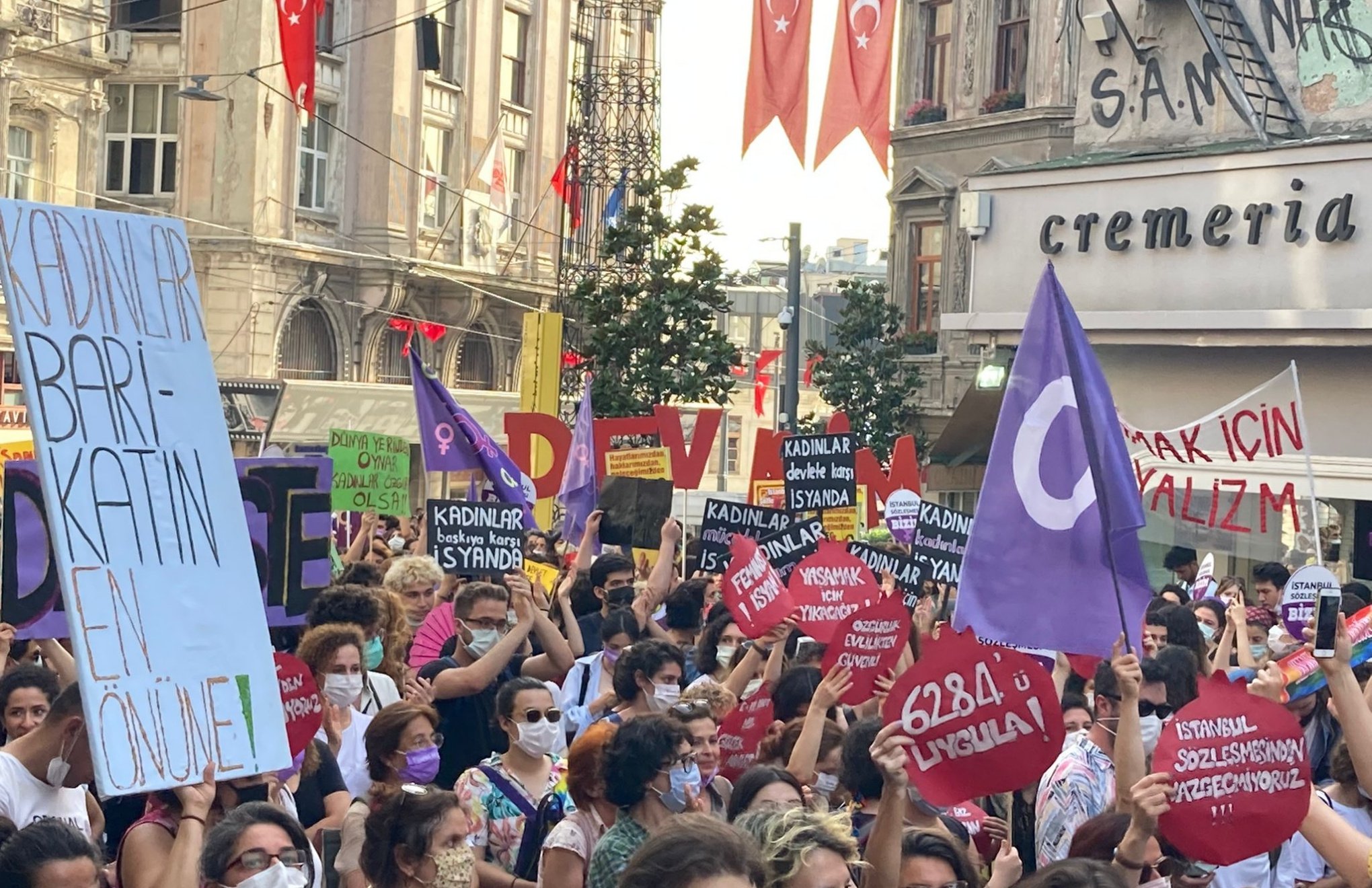 Women protesting in Taksim, İstanbul on July 1. (Photo: Evrim Kepenek/bianet)
Women protesting in Taksim, İstanbul on July 1. (Photo: Evrim Kepenek/bianet)
On July 1, Turkey officially quit the İstanbul Convention, a Council of Europe treaty on combating violence against women, as stipulated by a presidential decree issued on March 20.
Having protested the president's move since then, women across Turkey took to the streets once again on July 1. In İstanbul, police used rubber bullets and tear gas against hundreds of women who gathered in Taksim, chanting slogans, "We won't give up, we won't obey."
Tear gas used on demonstrators. Police move in front of barricade. #istanbulconvention #istanbulsoezlesmesi pic.twitter.com/Rrtbmw6Jb8
— Diego Cupolo (@DiegoCupolo) July 1, 2021
Earlier, the Council of State refused to annul the presidential decision to pull Turkey out of the convention by a vote of three to two. Several political parties, women's rights groups, NGOs and individuals had applied to the council against the decree.
On the day the convention ceased to be in force, President Recep Tayyip Erdoğan announced a new action plan on violence against women, saying that "Our struggle against violence against women didn't start with the İstanbul Convention and will not end with it."
The convention was negotiated in İstanbul in 2011 and was first ratified by Turkey in March 2012. All four political parties represented at the parliament at the time had supported the treaty.
— Evrim Kepenek (@kepenekevrimm) July 1, 2021
Over the past couple of years, pro-government NGOs and opinion leaders have been pressing the government to ditch the treaty because of its emphasis on LGBTI+ rights and "harm to the family values."
Explaining Erdoğan's decision, the Presidency Communications Directorate had said even though the convention was originally intended to promote women's rights, it was "hijacked by a group attempting to normalize homosexuality."
Women's rights advocates say that the convention has never been effectively implemented since its ratification but its annulment will encourage male violence and leave women even more vulnerable. International organizations also voice similar concerns.
Read more:
Turkey's withdrawal from İstanbul Convention is final: What will happen now?
Impressions from İstanbul Convention rally: 'I was born free and I live freely'
'If İstanbul Convention had been enforced, 2,336 women would be alive'
A transnational response to attacks on İstanbul Convention
bianet Male Violence Monitoring Reports
Erdoğan says European countries charge 100 Euro for Covid vaccination
Struggled with a vaccine shortage for months, Turkey has been able to speed up inoculation after securing a deal with Germany's BioNTech in late May.
More than 35 million out of the 61 million adults in the country have received at least one jab so far with 15.6 million people fully vaccinated, according to the Ministry of Health. The daily number of vaccinations in the country was around one million over the past weeks.
However, this wasn't apparently enough for the president as he twice made false claims about vaccination in Europe to brag about Turkey's recent success.
On June 25, he claimed the most developed countries in Europe charge fees for Covid vaccination that Turkey offers for free. "In England, there is a fee of about 100 pounds," he said and repeated his claims on July 2.
There is no public information about any European country charging fees for Covid vaccination.
Covid reopening with silence after midnight
Turkey lifted most coronavirus restrictions at the start of the month, including weeknight and Sunday lockdowns, with a new ban coming into effect: an outdoor music ban after midnight.
"We're extending the restriction regarding music to 24.00. Excuse me but nobody has the right to disturb anyone at night," Erdoğan had explained the reason for the ban on June 21.
The move outraged musicians and people on social media as hundreds of thousands of tweets were posted under the hashtag "We don't excuse."
As the ban came into effect, a performance hall introduced a "silent disco mode" with people putting on earphones after midnight.
Some social media users criticized the IF Performance Hall for "legitimizing the ban." One user wrote: "We'll end the night at IF with fruit juices when alcohol is banned, then."
The government has been accused of taking advantage of Covid restrictions to interfere with people's lifestyles. In May, it imposed an alcohol sale ban during a 17-day curfew and bars and taverns remained closed for nearly one and a half years.
Here is what a "silent disco night" looks like:
— Simetrapollon (@simetrapollon) June 28, 2021
Six months of Boğaziçi protests
 Academics turning their backs to the rector's office. (Photo: Can Candan/Twitter)
Academics turning their backs to the rector's office. (Photo: Can Candan/Twitter)
July 2 marked the sixth month of the appointment of Prof. Melih Bulu as the rector of Boğaziçi University.
Demanding an election for the rector, academics and students of Boğaziçi have been protesting against Erdoğan's appointment since then.
Hundreds of students have been detained and subjected to police violence during the protests.
Under the administration of Bulu, who doesn't meet the university's criteria for a professorship, the school's LGBTI+ club has been shut down and carrying rainbow flags on the campus has been effectively banned.
Also, Erdoğan signed overnight decrees to establish a faculty of law and a faculty of communication, apparently in an attempt to employ pro-government academics at the university.
Top readsLGBTI+s in İstanbul faced a lynch attempt in Pride Week "The Pride March ended and we were about to go home. We were standing right across the park in Tophane, waiting for our friends. First, a couple of people came and started to stare at us. Then, they increased in number. They started to attack us verbally and physically. We thought we were all going to die" The three pillars of climate journalism: Science, politics, and social justice In the seventh part of the "As the Climate and World Change" article series, Ece Baykal Fide examines how climate journalism should be done Mother language obstacle to coronavirus vaccination While the Health Ministry's coronavirus vaccination campaign is moving apace, the desired vaccination rates have not yet been reached in some cities, especially in the Kurdish-majority ones Mass grave in Van: 'All they want is their children's bones' Families of the people whose bones have been found in a mass grave in Van have been charged 40,000 lira |
(VK)





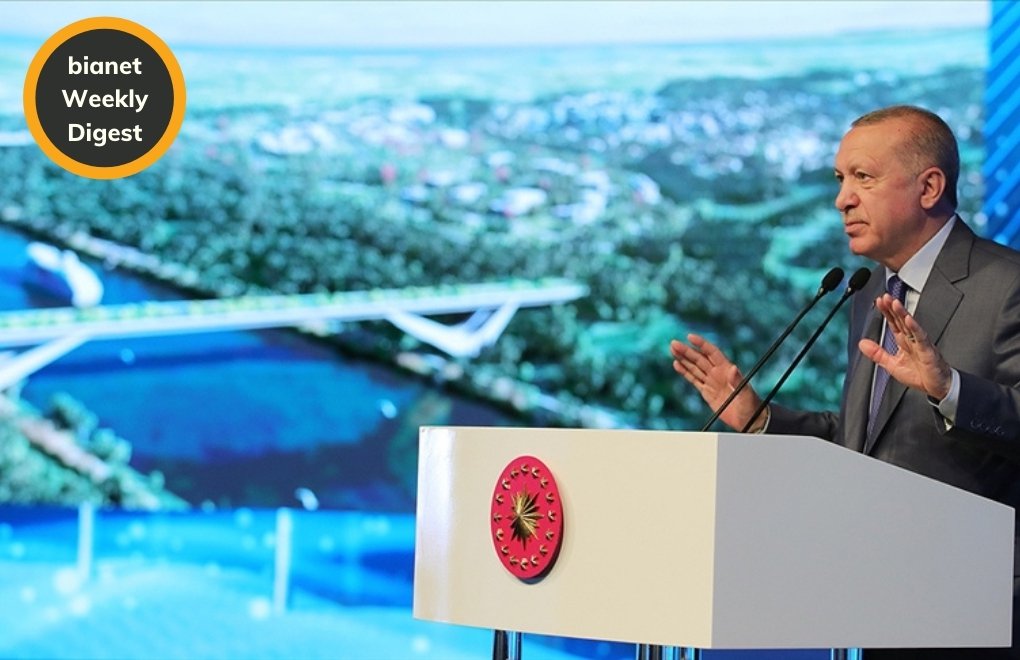
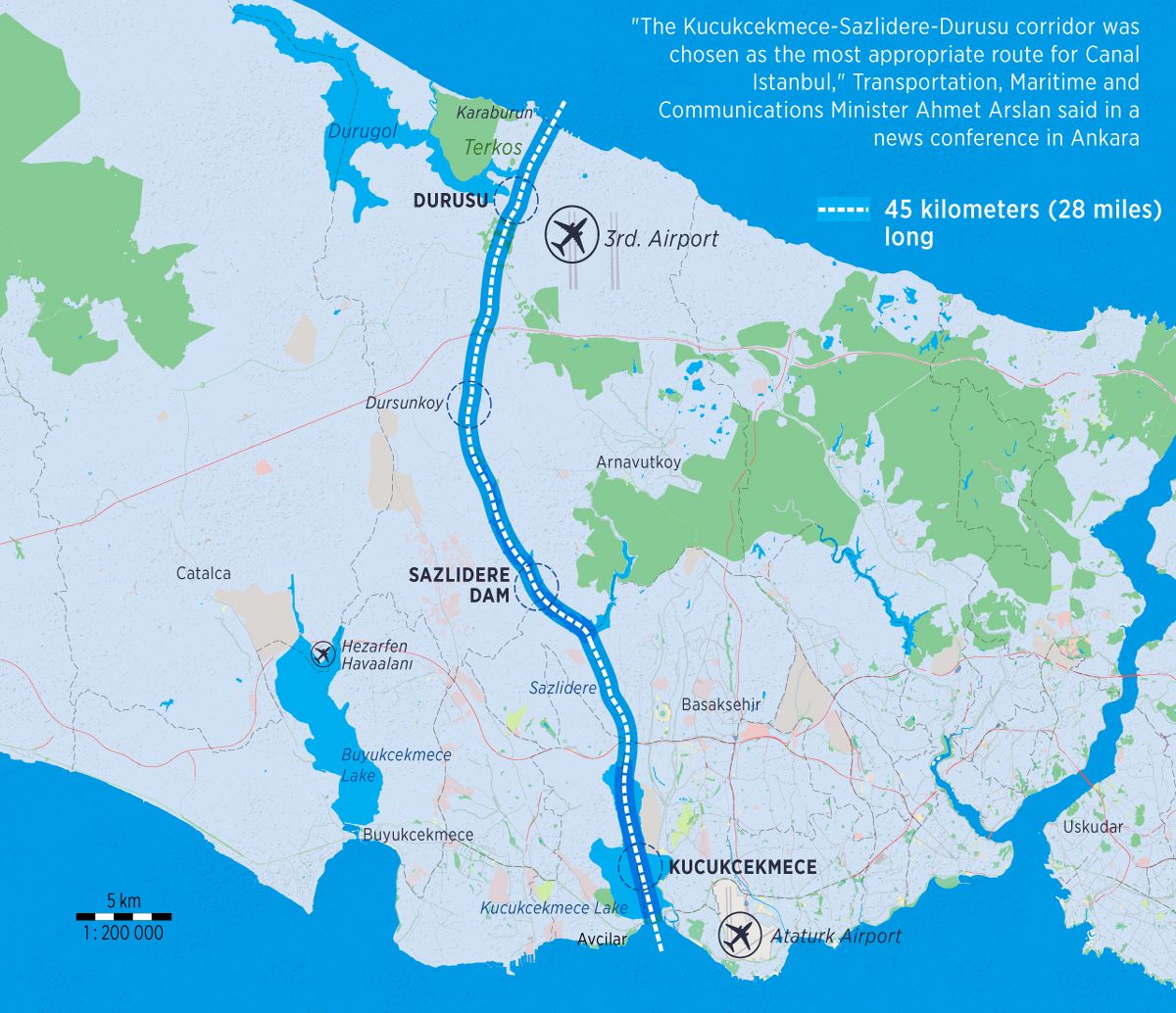
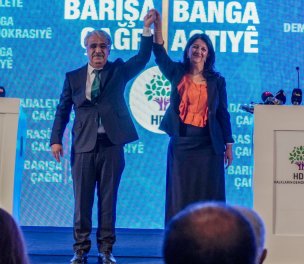
as.jpg)
